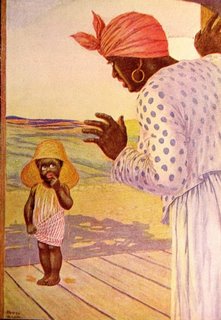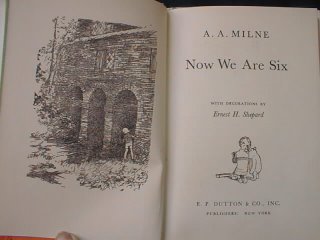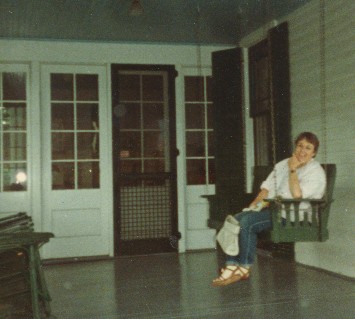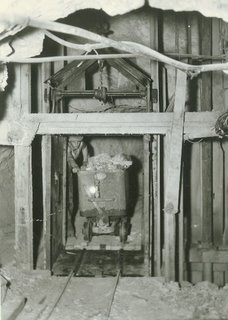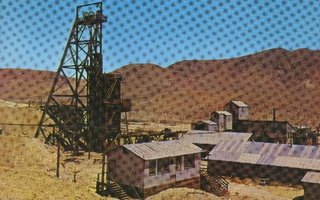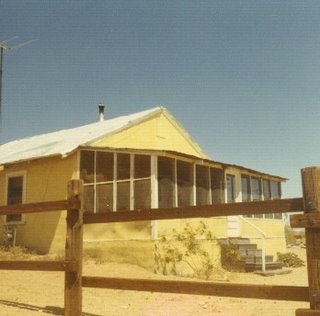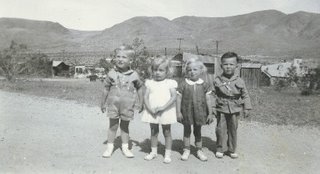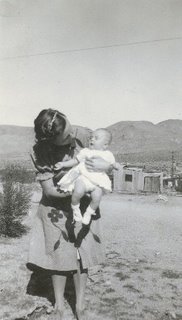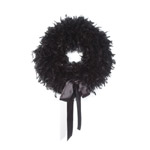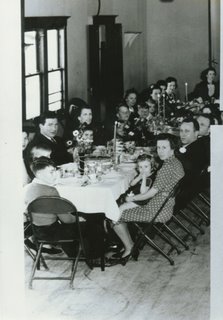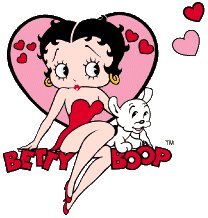
BARNACLE BILL THE SAILOR
Who's that knocking at my door?
Who's that knocking at my door?
Who's that knocking at my door?
Cried the fair young maiden.
It's only me, Im home from the sea,
said Barnacle Bill the Sailor.
I'm all lit up like a Christmas tree,
said Barnacle Bill the Sailor.
Are you young and handsome, sir?
Are you young and handsome, sir?
Are you young and handsome, sir?
cried the fair young maiden.
I'm old and rough and dirty and tough,
said Barnacle Bill the Sailor.
I drink my gin and I dip my snuff,
said Barnacle Bill the Sailor.
I'll come down and let you in,
I'll come down and let you in,
I'll come down and let you in,
cried the fair young maiden.
Well, hurry before I bust down the door!
said Barnacle Bill the Sailor.
I'll rare and tare, and rant and roar!
said Barnacle Bill the Sailor.
I'll spin you yarns and tell you lies,
I'll drink your wine and eat your pies,
I'll kiss your cheeks and black your eyes,
said Barnacle Bill the Sailor.
If you love me, say it's I,
If you love me, say it's I,
If you love me, say it;s I,
cried the fair young maiden.
Aye, aye! said he, It's certainly me!
said Barnacle Bill the Sailor.
Aye, aye! said he, And now we agree!
said Barnacle Bill the Sailor.
Tell me that we soon shall wed,
Tell me that we soon shall wed,
Tell me that we soon shall wed,
cried the fair young maiden.
Never again, I'll come no more!
said Barnacle Bill the Sailor.
And if you wait for me to come
You'll sit and wait and suck your thumb,
said Barnacle Bill the Sailor.
(These were lyrics from an old 1930 Betty Boop movie, but there are other, raunchy lyrics. She only sang me the clean version, although I do remember a line that went: To hell with the dance, and down with your pants, said Barnacle Bill the Sailor!)

